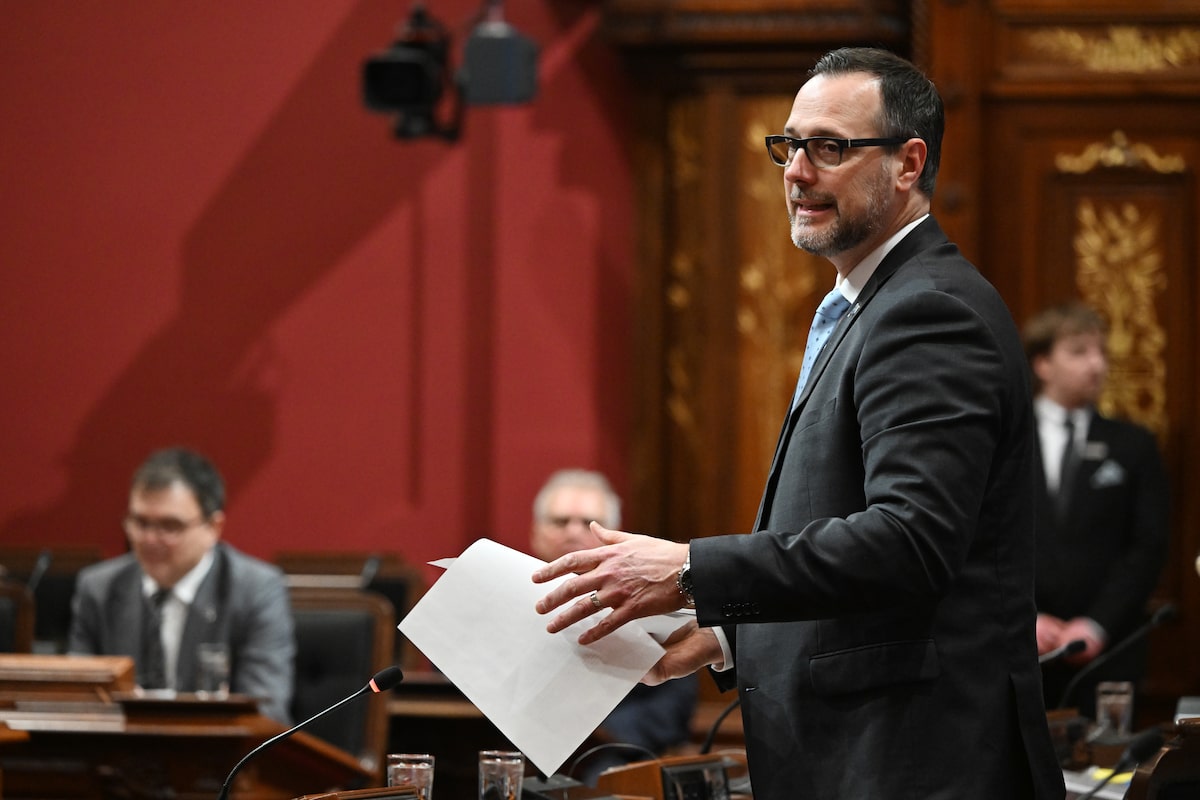Quoted below is the information the Globe snipped out of the Canadian Press story. Link - Quebec government tables bill to combat election disinformation and interference, Apr 3 '25
“What is targeted in this case, I would say, are individuals or legal entities who come to spread information that they know to be false in order to disrupt the conduct of an election or influence the vote, but with the intention of causing harm and knowing that it is false,” he said.
Roberge said examples of false representations include AI-generated deepfakes that impersonate candidates, or lies about a candidate’s resume or qualifications to influence a vote.
Other infractions listed in the bill include spreading misinformation on the time or place a vote is taking place, on results of an election or on a candidate’s “place of birth, education, professional qualifications or affiliation with a group or association.”
He told reporters that the infractions would apply only to people who act deliberately to misinform voters, and not to those who are exercising their rights to free speech by expressing political opinions.
“We have to be very careful when we talk about freedom of expression, but that’s different than a situation where someone purposefully and voluntarily spreads false information with the goal of misleading people and disrupting the holding of an election,” he said. The bill specifies that it is not an offence to use a candidate’s image or voice for the purposes of parody or satire.
Roberge said infractions would be investigated by Quebec’s chief electoral officer, and that sanctions would apply whether a person is a Quebecer, a Canadian or a foreign actor. “Just because people are not in Quebec or Canada doesn’t mean they can’t be prosecuted under Quebec and Canadian laws,” he said.
The proposed legislation also requires parties to disclose expenses incurred for advertising during the pre-election period, and puts rules in place on protecting voters’ personal information.
It would also strip official status from parties that do not field at least two candidates in a general election.
Look to your neighbors in the south for an example of what happens if you don’t take steps to combat this.


